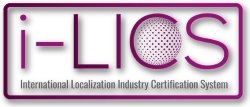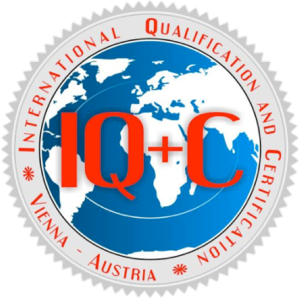About ISO 20771:2020 Legal Translation
About ISO 20771:2020 Legal Translation
National foreword
This British Standard is the UK implementation of ISO 20771:2020 Legal Translation:2020.The UK participation in its preparation was entrusted to Technical Committee TS/1, Terminology.A list of organizations represented on this committee can be obtained on request to its secretary.
This publication does not purport to include all the necessary provisions of a contract. Users are responsible for its correct application.
Scope
This standard specifies requirements for the competences and qualifications of legal translators, revisers and reviewers, best translation practices and the translation process directly affecting the quality and delivery of legal translation services. In particular, it specifies the core processes, resources, confidentiality, professional development requirements, training and other aspects of the legal translation service provided by individual translators.
Fulfilment of all the requirements set out in this document enables the individual legal translator to demonstrate conformity of their legal translation services to this document and their capability to maintain a level of quality in legal translation services that will meet the client’s and other applicable specifications.
The use of output from machine translation, even with post-editing, is outside the scope of this document. Consulting of a machine translation resource by a legal translator, does not constitute use of raw machine translation plus post-editing.
Introduction
Legal translation is a specialization which covers law-related or legal specialist field translation in terms of content as well as context (e.g. legal settings). Given the highly specialist field, potential legal consequences, and formal and liability issues, this specialization requires specific competences and a very professional approach from the specialist translators involved. Due to the formalized, official or sensitive nature of the subject matter in some countries, settings and under certain circumstances, legal translators may be subject to specific professional, confidentiality and ethical requirements, authorization, certification, and security clearance procedures. Furthermore, in some countries, certain types of legal translation are performed by authorized legal translators who have to comply with specific official requirements.
Serious legal issues and other consequences can be avoided if the legal translation service is provided by competent legal translators who have professional understanding of the relevant legal systems, knowledge of legal terminology and target language genre conventions and can produce authentic texts. Legal documents constitute the basis for many personal and business undertakings. Legal translation is a highly specialized type of translation service which is frequently used in official and legal settings and this requires meeting the highest professional quality benchmarks. Taking the above into account as well as the fact that there are no international standards in this area, this document was developed in response to the evident market need.
Short summary of key elements of the standard
Annex A
Information on authorized legal translation used in judicial settings, and for the use of public authorities and commercial purposes
Annex B
Information on legal translation in government institutions and non-governmental organizations
Annex C
Information on how to document and quantify continuing professional development (CPD)
Terms and definitions
- Concepts related to legal translation and legal translation services
- Concepts related to translation workflow, technology and project management
- Concepts related to language and content
- Concepts related to people involved in translation services
- Concepts related to translation process, resources and professional requirements
Competences and qualifications
- Required competences of legal translators
- Required qualifications of legal translators
- Required competences of revisers of legal translation
- Required qualifications of revisers of legal translation
- Required competences and qualifications of reviewers of legal translation
Translation process
- Responsibility of the legal translator
- Co-operation with other parties
- Legal translation service related issues
- Check
- Revision and review
- Verification and correction
- Signing off and record keeping
- Authorized certification
- Feedback and final steps
- Complaints, individual responsibility and corrective action
Confidentiality, security and professional liability insurance
- Confidentiality and security
- Professional liability insurance
Professional development and involvement
- Continuing professional development (CPD)
- Documented proof of continuing professional development

